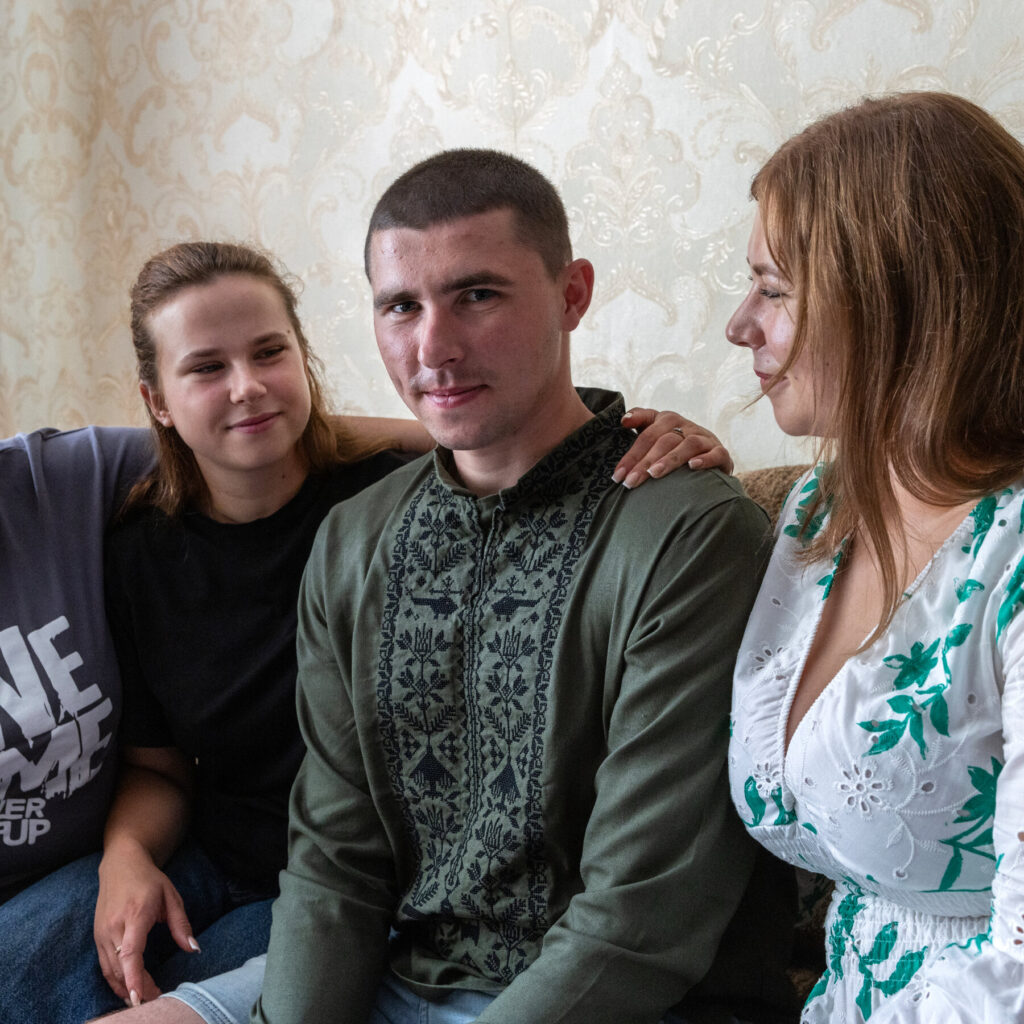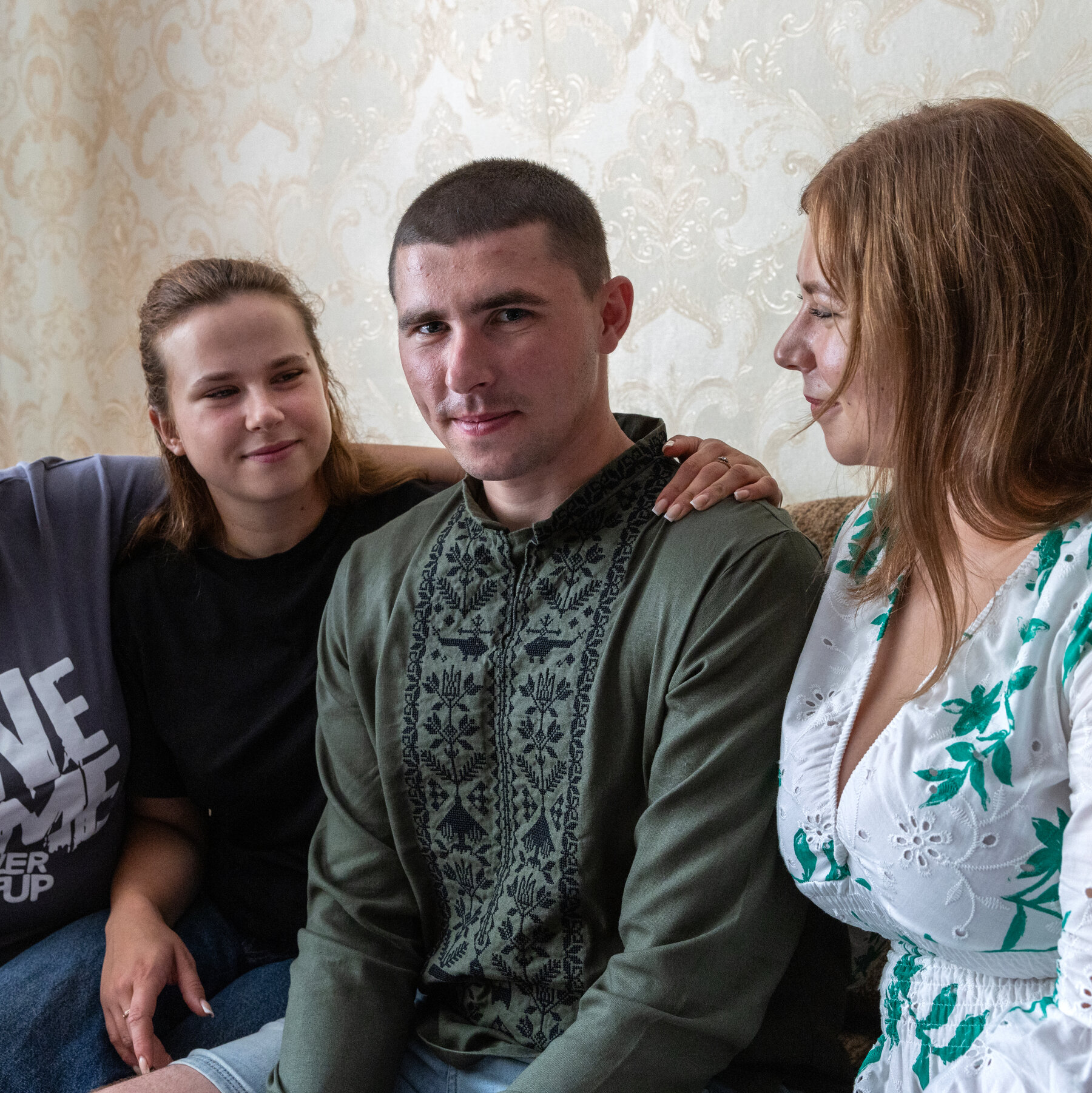Ukrainian family’s prisoner of war son returns, changed by trauma
Ukrainian family’s prisoner of war son returns, changed by trauma

A generation of Ukrainian men has been shaped by the bloodiest war in Europe since World War II. Serhiy Hrebinyk, 25 years old and just released from a Russian prison, is one of them.
Read the full article on NY Times World
Truth Analysis
Analysis Summary:
The article presents a human interest story about a Ukrainian POW. The claim that this is the bloodiest war in Europe since WWII is difficult to verify definitively without specific metrics, and the article focuses on the emotional impact of war, which can introduce bias. The sources provided generally support the idea of trauma and its effects, but don't specifically verify the claims about the scale of the war or the individual's experience.
Detailed Analysis:
- Claim: A generation of Ukrainian men has been shaped by the bloodiest war in Europe since World War II.
- Assessment: Unverified. While the war in Ukraine is undoubtedly impactful, the claim of it being the 'bloodiest' since WWII requires specific metrics (casualties, duration, etc.) that are not provided and difficult to definitively verify without further context. None of the provided sources directly address this claim.
- Claim: Serhiy Hrebinyk, 25 years old and just released from a Russian prison, is one of them.
- Assessment: Unverified. This is a specific detail about an individual. Without additional sources, it's impossible to verify the age and release status of this person. The provided sources do not mention this individual.
- Claim: War trauma can impact individuals and families.
- Verification Source #1: Discusses the legacy of trauma and its potential to be passed down generations.
- Verification Source #2: Explores the epigenetic effects of war exposure and trauma, including on children of POWs.
- Verification Source #3: Addresses the legacy of trauma and its impact on families and communities.
- Verification Source #4: Discusses the impact of war and forced displacement on children's mental health, including PTSD.
- Verification Source #5: Anecdotal evidence of generational trauma from war.
- Assessment: Supported. Multiple sources (1, 2, 3, 4, 5) confirm the potential for war trauma to affect individuals and families, including the possibility of intergenerational effects.
Supporting Evidence/Contradictions:
- Source 2: 'Within families, sons of no-exchange ex-POW fathers born after the war died ... POW, prisoner of war; PTSD, post-traumatic stress disorder.'
- Source 3: 'A 2017 review of 20 studies of children of cultural and war trauma survivors by Cindy C. ... changes including heightened poverty, greater family ...'

